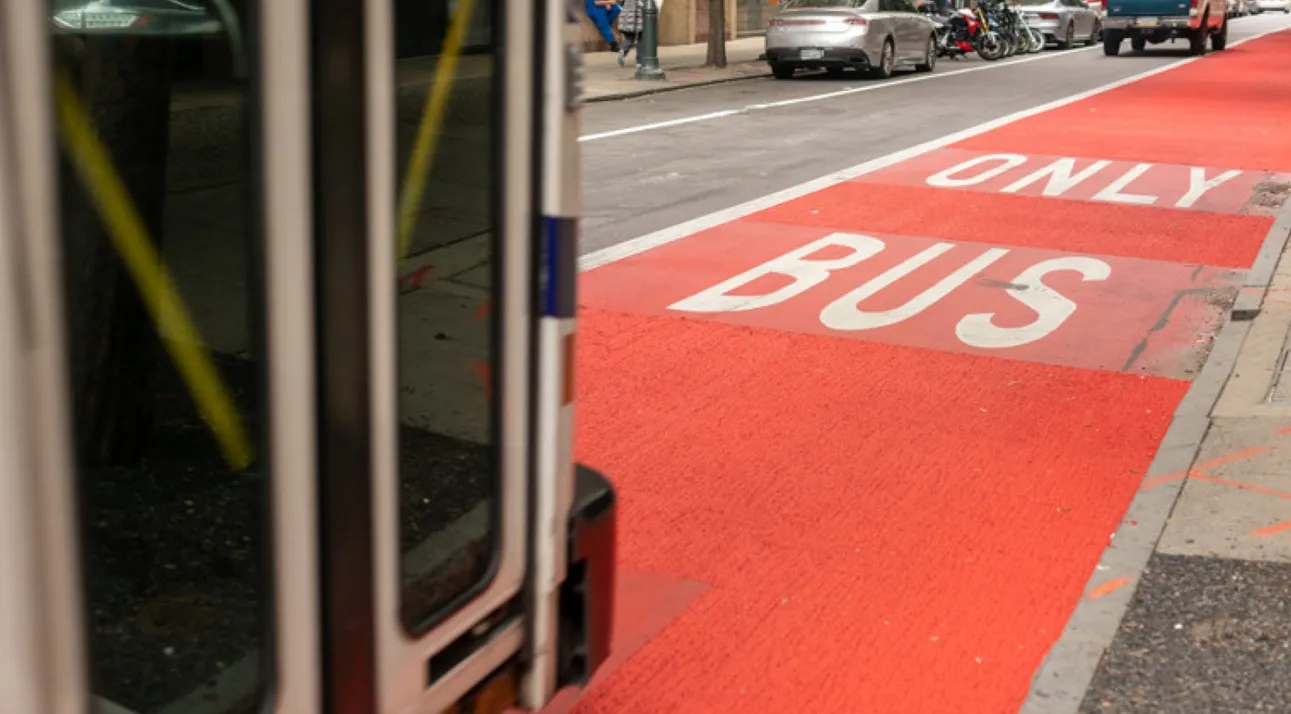
Top of the pile – or bottom, perhaps – is Colombia's capital Bogota. It is the most congested city in the world with drivers losing 191 hours a year, says Inrix.
The scorecard ranked congestion and mobility trends in more than 900 cities and 43 countries. Bogota is followed by the Brazilian city of Rio de Janeiro (190 hours), Mexico City (158 hours) and Istanbul (150 hours).
In the US, Boston was ranked as the most gridlocked city for a second consecutive year with the average commuter in the metropolitan area losing 149 hours per year in congestion, costing $2,205 per driver in time lost. It is followed by Chicago (45 hours, $2,059 lost), Philadelphia (142 hours, $2,016 lost), New York City (140 hours, $1,988 lost) and (Washington, DC 124 hours, $1,761 lost).
Los Angeles came sixth in the index (103 hours, $1,524 lost) despite the city being historically known for its congestion. Congestion in the city does not have the same severity as the top five cities due to its sprawling geography and big road network, Inrix says.
Despite this, Los Angeles does have the two worst corridors in the US with drivers wasting 80 hours on the US-1010 and 76 hours on the I-5 per year at peak hours in congestion. Motorists travelling in the Brooklyn Queens Expressway in New York City lose 68 hours followed by those sat idle for 64 hours in the city's I-95 or the I-85 in Atlanta.
In Europe, London was rated as the most congested UK city with the average Brit sat idle for 149 hours per year, costing £1,162 per driver. Other cities which make up the top five include Belfast (112 hours, £874 lost), Bristol (103 hours, £803 lost), Edinburgh (98 hours, £764 lost) and Manchester (92 hours, £718 lost).
Figures for Germany placed Munich at the top of the index with the average person losing 87 hours in congestion, costing é€774 per driver. It comes above Berlin (66 hours, €587 lost), Dusseldorf (50 hours, €445 lost), Hamburg (48 hours, €427 lost) and Stuttgart (42 hours, €374 lost).








